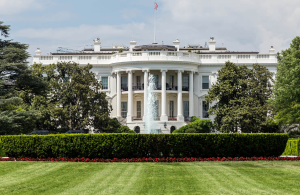
US House passes resolution to end Canadian tariffs
The US House of Representatives voted on a resolution on Wednesday, Feb. 11, to disapprove of President Trump's national emergency declaration that led to the imposition of tariffs on Canada.

The US House of Representatives voted on a resolution on Wednesday, Feb. 11, to disapprove of President Trump's national emergency declaration that led to the imposition of tariffs on Canada.
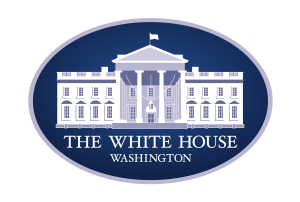
President Trump signed an Executive Order (EO) on Feb. 6 allowing the administration to impose tariffs on countries that do business with Iran.

As we move into 2026, it’s time to look forward. While the “Donroe Doctrine,” Venezuela, and Greenland absorb significant press attention, important trade developments will also continue to make headlines this year. The unprecedented changes we saw in 2025 will continue in 2026, particularly in the areas of IEEPA and tariffs, USMCA, and the WTO.
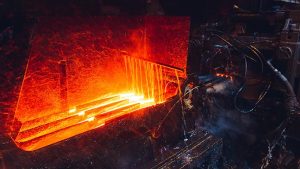
The state of Louisiana has purchased 1,700 acres along the Mississippi River from Germania Plantation Inc. for $91 million for Hyundai Steel's proposed EAF operation.
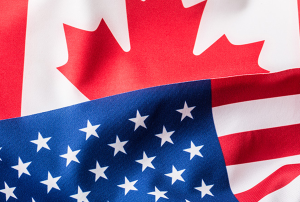
Canadian Prime Minister Mark Carney said the US probably won't reduce tariffs on steel, aluminum, and other goods from Canada anytime soon.
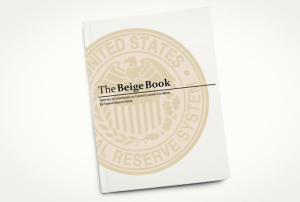
Economic activity across the US was largely static with some modest activity unfolding at a sluggish pace, according to the US Federal Reserve’s (The Fed) latest Beige Book report.
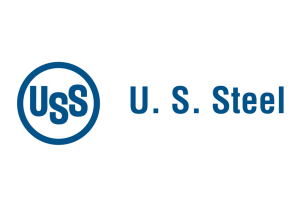
President Donald Trump has officially invoked his “golden share” in U.S. Steel, making two related appointments.
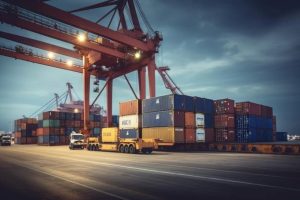
German Economy Minister Katherina Reiche expressed frustration with US levies on steel and aluminum products. The US contends the EU is unfairly targeting its big tech firms.

Wiley attorneys Alan Price and Ted Brackmeyer argue that significant changes to the USMCA and continued Section 232 tariffs on Canada and Mexico are needed to support American steelmaking.
US steel and manufacturing industries say they face a new set of uncertain market factors due to the government’s shutdown and the potential repeal of “reciprocal” tariffs.

US President Donald Trump and Chinese President Xi Jinping on Thursday had a much-anticipated meeting. Is it only a hiatus in the trade war, or did it really change the situation? I suspect the former, I but hope for the latter.

It was only a matter of time before a shutdown happened. And, no, we aren’t talking about the federal government’s lapse in appropriations. On Oct. 9, Beijing announced a series of restrictions that will effectively shut down exports of rare earth elements, magnets, and certain downstream products vital to advanced manufacturing.
US President Donald Trump took to social media late Thursday night to announce he was canceling trade talks with Canada.

On Oct.10, President Trump announced major increases in tariffs on Chinese goods. The trigger was a new regime of export controls on rare earth metals and products using those elements, including magnets, capital equipment, and catalysts for catalytic converters in cars and trucks.
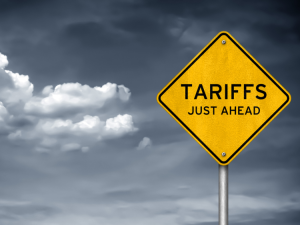
The Department of Commerce received 97 submissions from producers, manufacturers, and groups seeking Section 232 tariff coverage for steel and aluminum derivative products.

Any steel imports into the EU that exceed the new, lower quota level would be subject to a 50% tariff, which represents a major increase from the EU’s current 25% out-of-quota tariff. This move would largely align the EU’s steel tariff rate with Canada and the United States.
Global steelmakers sounded the alarm Friday over the deepening excess steelmaking capacity crisis. Ministers at the Global Forum on Steel Excess Capacity (GFSEC) in Gqeberha, South Africa, pledged to...

The boom in China’s direct steel exports has not stopped this year, even with a rise in protectionist measures globally. The increase is driven by...

U.S. Steel is suing Algoma over the Canadian flat-rolled producer's rejection of iron pellet shipments, arguing it has breached its contract.
Canadian Prime Minister Mark Carney and US President Donald Trump told reporters at the White House on Tuesday that they’ll be formulating a trade deal that works for both nations.

There is no doubt that the current government shutdown reflects the vast divisions between the extremes of American politics, society, and even geography. Almost all Americans agree that government is necessary, but voters disagree...

How can the U.S. government block U.S. Steel’s Granite City rolling mill closure without harming other American steelmakers? Reducing imports should be the first step. Foreign producers continue to aggressively target the U.S. market, especially now as they find themselves displaced by Chinese exports.
Domestic mills praised the US International Trade Commission’s (ITC's) final determination that imports of corrosion-resistant (CORE) steel from 10 countries pose a threat to them.
The US International Trade Commission (ITC) finds that corrosion resistant steel (CORE) imports from 10 countries have caused material damage to domestic product producers, according to the ITC’s statement.

Signs of weakness are already appearing in the tariff wall. The economy has slowed to the point that the Federal Reserve cut interest rates by 0.25%, or 25 basis points, last week. The cut came even as the rate of inflation continues to hover well above the Fed’s 2% target rate.

International trade law and policy remain a hot topic in Washington and beyond this week. We are paying special attention to the ongoing litigation of the president’s tariff policies and the administration’s efforts to heighten trade enforcement.
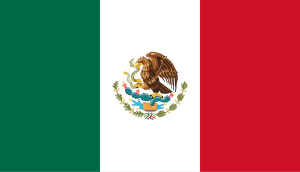
Mexico is considering imposing steep tariffs on imports of steel, automobiles, and over 1,400 other products. Its target? Countries with which it does not have free trade agreements, mainly China, India, Thailand, and other South Asian nations.

President Trump’s “reciprocal” tariffs under the International Emergency Economic Policy Act (IEEPA) were struck down again, this time on Aug. 29 by the Court of Appeals for the Federal Circuit (CAFC). The legal and policy mess continues, with the next stop being the US Supreme Court.
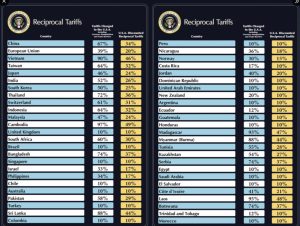
Repealing any reciprocal tariffs placed by President Donald Trump on US imports of direct reduced iron (DRI), iron ore, hot-briquetted iron (HBI), and pig iron would have only a nominal impact on the US steel market, market participants said.

The US government determined this week that hot-rolled steel imports from a handful of countries continue to threaten the domestic steel industry.